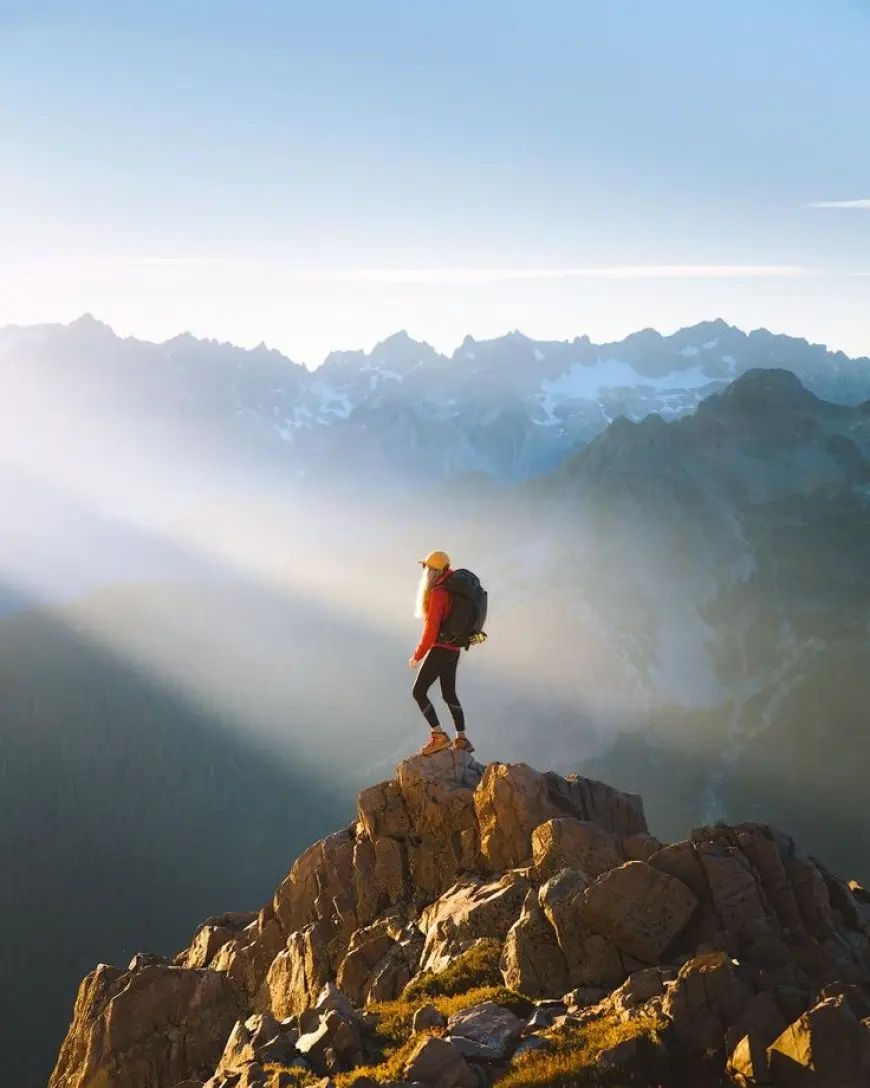Why You Should Try Solo Hiking at Least Once
Why You Should Try Solo Hiking at Least Once

Solo hiking is more than just a physical activity—it’s a journey of self-discovery and connection with nature. While group hikes can be enjoyable, venturing out alone offers a unique and deeply rewarding experience that everyone should try at least once.
Solo hiking allows you to move at your own pace. You can take your time to absorb the scenery, pause for breaks whenever you want, or challenge yourself with a brisk, uninterrupted pace. Without the pressure of keeping up with others, you have complete freedom to tailor the hike to your preferences and energy levels.
It fosters self-reliance and confidence. Planning and executing a solo hike requires you to navigate trails, manage resources, and make decisions independently. Each successful solo outing builds your confidence and problem-solving skills, preparing you for future challenges both on and off the trail.
The solitude of solo hiking offers a rare chance for introspection. Away from the noise of daily life, you can reflect, meditate, or simply enjoy the silence. The tranquility of being alone in nature can be profoundly therapeutic and help you reconnect with yourself.
Without companions, you are more likely to notice details that might otherwise be overlooked. The sound of birds, the rustle of leaves, and the sight of intricate plants or wildlife become more vivid. Hiking alone heightens your awareness and deepens your appreciation for the natural world.
Solo hiking can help you break free from your comfort zone. It may feel intimidating at first, but stepping out of your usual routine and embracing the unknown fosters personal growth. Each solo hike is an opportunity to challenge fears, trust your instincts, and discover your resilience.
Safety, of course, should always be a priority. Plan thoroughly by choosing well-marked trails suitable for your experience level. Inform someone of your itinerary, carry a map or GPS, and pack essentials such as water, snacks, a first-aid kit, and proper clothing. If you're new to solo hiking, start with shorter trails close to civilization and gradually work your way to more remote adventures.
The sense of accomplishment at the end of a solo hike is unparalleled. Knowing you navigated the trail, tackled challenges, and reached your destination on your own is incredibly empowering. It’s a reminder of your strength and capability, leaving you with a lasting sense of achievement.







